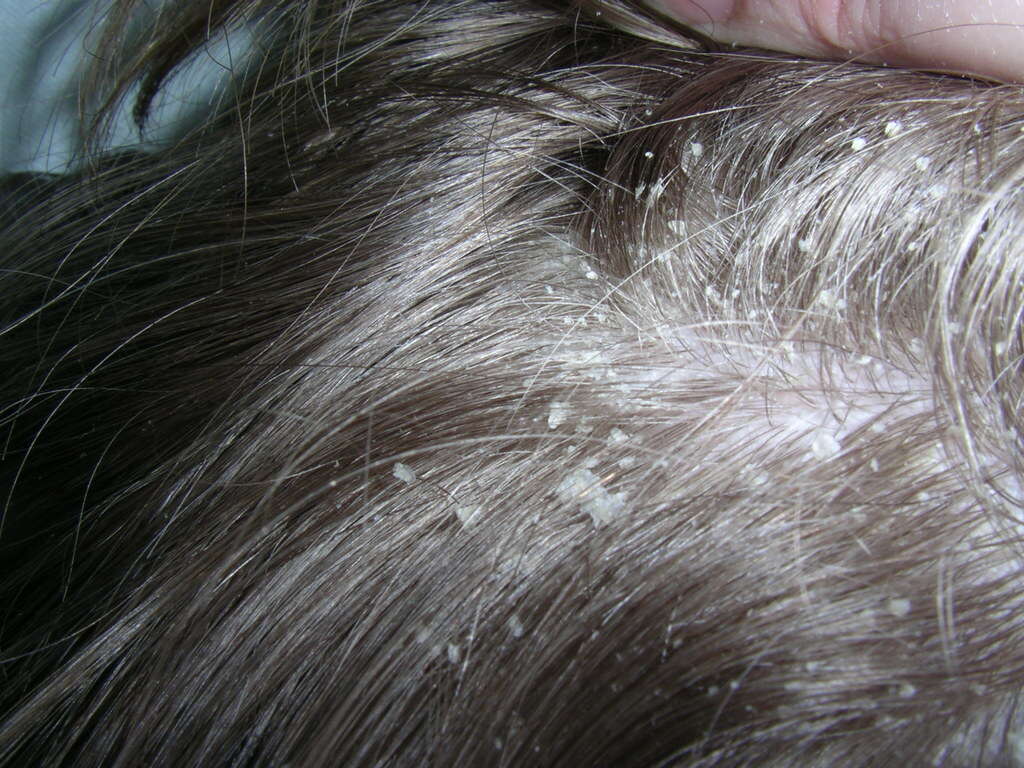10 Hypertrichosis Symptoms
 Article Sources
Article Sources
- 1. 'Hypertrichosis.' DermNet NZ , dermnetnz.org/topics/hypertrichosis/
- 2. Saleh, Dahlia, et al. 'Hypertrichosis.' StatPearls, StatPearls Publishing, 5 January 2021
- 3. 'Becker Naevus.' DermNet NZ, dermnetnz.org/topics/becker-naevus/
- 4. Chien, Mu-Ming, et al. 'The Hair-Collar Sign.' The Journal of Pediatrics, vol. 168, 2016, p. 246, doi.org/10.1016/j.jpeds.2015.09.081
- 5. Staff, SBI. 'Gingival Enlargement.' The American Academy of Oral Medicine, www.aaom.com/index.php?option=com/content&view=article&id=132:gingival-enlargement&catid=22:patient-condition-information&Itemid=120
- 6. Kurtipek, Gülcan S., et al. 'Faun tail: a rare cutaneous sign of spinal dysraphism.' Acta Dermatovenerologica Alpina Pannonica et Adriatica, vol. 24, no. 1, 2015, doi:10.15570/actaapa.2015.5
- 7. Gupta, Lipy, et al. 'Nevoid hypertrichosis: Case report with review of the literature.' International Journal of Trichology, vol. 3, no. 2, 2011, p. 115, doi:10.4103/0974-7753.90829
- 8. Kaur, Sandeep, and BharatBhushan Mahajan. 'Eyelash trichomegaly.' Indian Journal of Dermatology, vol. 60, no. 4, 2015, p. 378, doi:10.4103/0019-5154.160484
Facial Hair
While men usually have varying degrees of facial hair, women typically have little hair growth on the face. Facial hair in a female could be a symptom of hypertrichosis. When this occurs, the hair is typically vellus hair, meaning it's short and fine with no pigment or color. It can also, however, include thicker terminal hairs.
Hypertrichosis is not dependent on the role of male hormones, known as androgens. Female facial hair caused by hypertrichosis should not be confused with hirsutism, an overgrowth of hair caused by hormonal imbalances.
Advertisement











